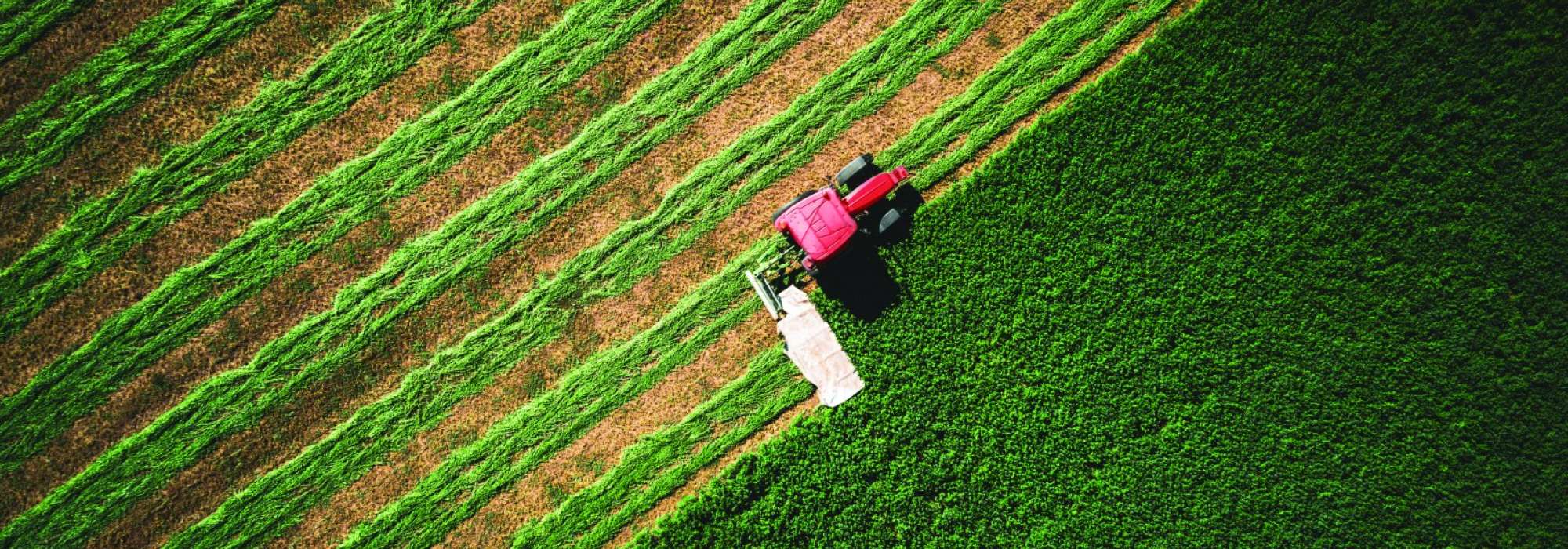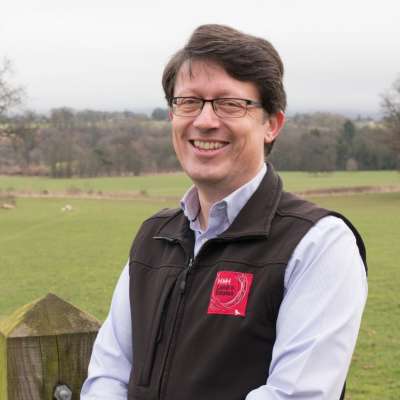THE END OF BASIC PAYMENT CLAIMS
The last Basic Payment claim ever has been submitted.
That’s it, then. The last Basic Payment claim ever has been submitted. With the passing of 15th May, land agents across the country breathed a collective sigh of relief. The Basic Payment Scheme, and its direct predecessor the Single Payment Scheme, that dominated our lives for two months every year since 2005 is no more. No more seven-day weeks, no more last minute entitlement transfers, no more permanent ineligible features, no more trying (and failing) to understand the difference between land use and land cover.
At H&H Land & Estates, we have been submitting an average of over 420 BPS claims a year. Over the 19 years of the BPS & SPS schemes, that’s a total of some 8,000 claims. We estimate this has generated over £240 million of support for farming businesses across the north of England. That’s a lot of income, which many farms are going to find difficult to replace.
It hasn’t all been good news, though. Payments for simply owning or managing land have allowed inefficient businesses to survive and have provided nothing in the way of environmental benefits. For tenant farmers, BPS has often been passed almost directly to landlords in the form of higher rents. Moreover, possibly the most damaging legacy of BPS support is that it has allowed farmers to sell their produce for arguably less than it was really worth. This has meant that consumers perhaps no longer readily understand the true value of the food they buy in the supermarket.
What Happens Now? And What are Delinked Payments?
Of course, the Basic Payment itself carries on until 2027 but, from 2024 onwards, it will be a ‘delinked’ payment. That means it is no longer necessary to make a land declaration and the payment is instead based on what was paid during the reference period 2020 to 2022. It will no longer be necessary to hold any land or entitlements in order to receive the payment. But the amount will continue to be scaled back each year, roughly by about 15% for most businesses.
So what can farmers do to make up for the shortfall in income? Countryside Stewardship is one possibility, but that has been available since 2015, so there is nothing new here. Payments have recently been increased, which is most welcome, but nothing like enough to make up for the loss of BPS.
SFI: Sustainable Farming Incentive
The only new scheme is the Sustainable Farming Incentive, launched by Defra in 2022. This pays farmers to manage their soils more effectively through a Soil Management Plan and a regular programme of soil testing, to ensure inputs are matched to what the soil actually needs. However, the introductory level of SFI pays only £28 per ha on improved grassland and £22 per ha on arable land, perhaps only 10% of what BPS once paid. And SFI is incompatible with most Environmental or Countryside Stewardship scheme options.
What Next?
As things stand, therefore, farms that have already embraced environmental schemes and integrated environmental management into their business can do very little to generate more income to offset the loss of BPS. The Government needs to address this urgently and properly reward farmers for the environmental goods they provide to society at large. If they don’t, farming businesses will face a stark choice between trying to generate more income outwith farming and intensifying agricultural production, which will have a negative environmental impact entirely at odds with the Government’s objectives.

